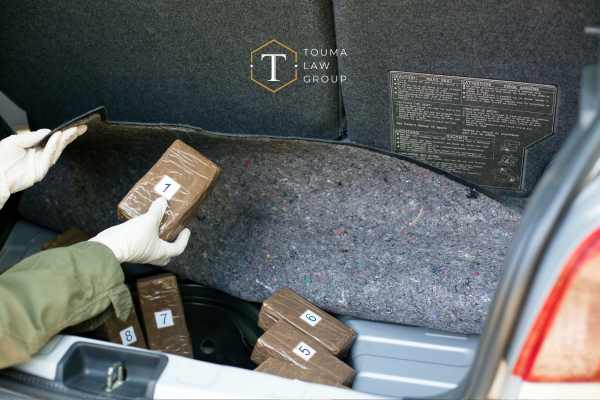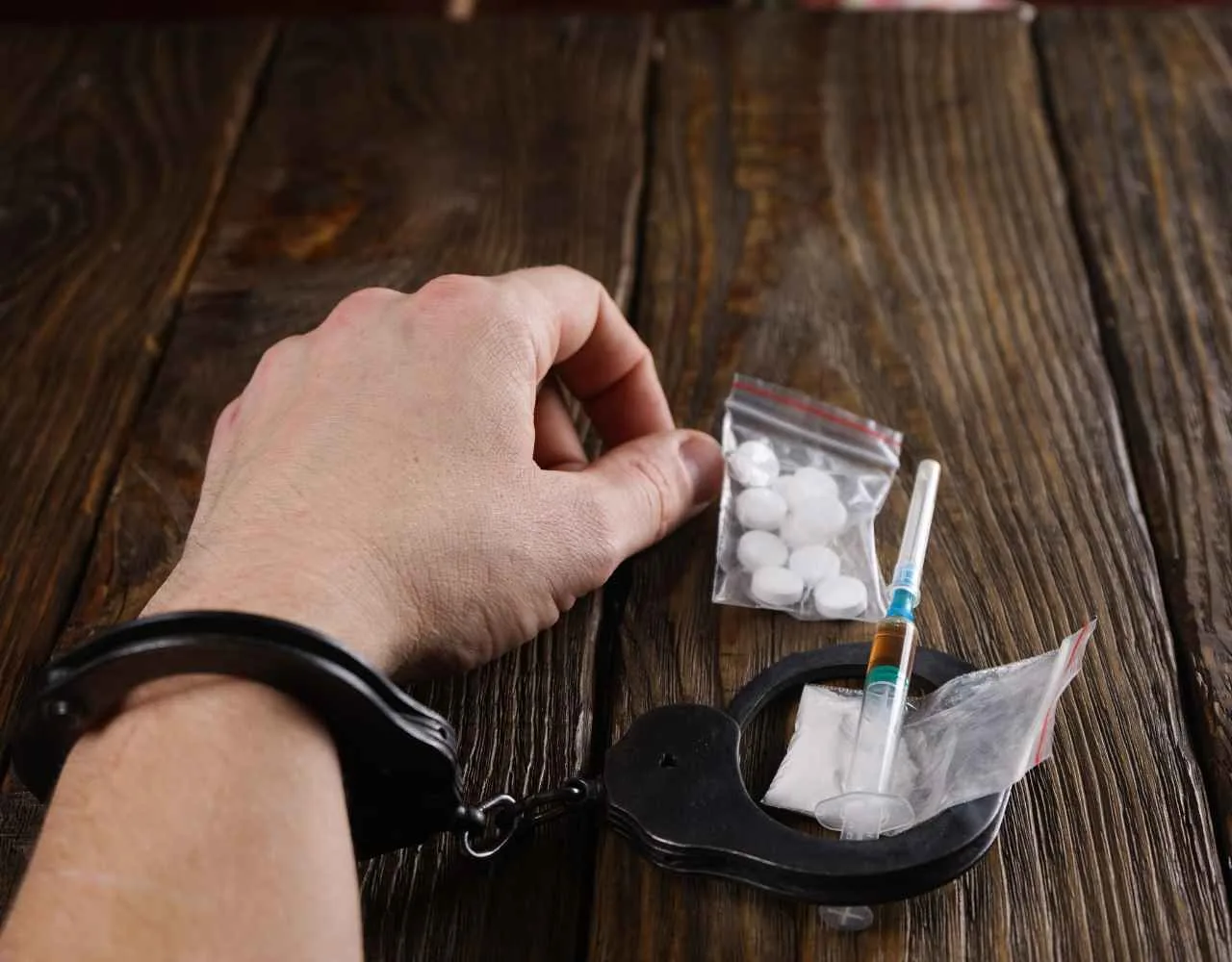Constructive possession is an important legal concept in the state of South Carolina as it pertains to the ownership and possession of contraband.
Contrary to popular belief, constructive possession is a form of ownership that does not require the physical holding of an item nor does it rely on one’s presence near a contraband item. Instead, prosecutors must prove beyond a reasonable doubt that an individual exercised “dominion and control” over the item or premises and had knowledge that the controlled substance was present.
Obtaining such proof of possession of drugs can be difficult for prosecutors who often must rely on circumstantial evidence to establish constructive possession since direct evidence is usually unavailable. This places a burden on all law enforcement officers in South Carolina, who must remain vigilant of suspicious behavior and use their expertise in criminal justice matters to adequately build cases against potential offenders.
If facing charges related to constructive possession, it’s important to consult an experienced Greenville drug defense attorney from Touma Law Group. Call us at (864) 618-2323 to get started.
What is Constructive Possession?
Constructive possession is a legal concept in criminal law that allows an individual to be charged with a drug crime even if they do not have physical possession of an item. Under this theory, a person can still have unlawful control over an object or illegal substance, even if the object or substance is not on their person. In South Carolina, constructive possession applies to both drugs and firearms.
In the case of drugs, possession with intent to distribute or use a controlled substance can result in charges of constructive possession. For firearms, an individual can be charged with constructive possession if they know the firearm and have access to it even if they do not have direct control over it.
If someone is found guilty of a constructive possession drug crime charge offense in South Carolina, they can face jail time and fines. It is important to seek the advice of a drug charge defense attorney on building an aggressive drug charge defense if you are charged with constructive possession.
Examples of Constructive Possession
Constructive possession cases are based on the notion that an individual has control and knowledge of an illegal item even without possessing it. Police must prove that the accused had dominion over the item and knew what it was before being able to convict them of a crime. Traffic stops, home searches, and “sidewalk cases” are some common examples of constructive possession cases.
- When police pull someone over for a traffic violation, they often search their car and find illegal drugs stored in various locations such as the floorboard, glove compartment, or trunk.
- To be convicted of possession or possession with intent/trafficking offenses, police must prove that not only did they have jurisdiction over the drugs but also were aware of their presence before the stop.
- This same principle applies when police search a residence – if an individual has a friend who brings drugs into their house but does not participate in holding or using them, then they cannot be found guilty of possession.
- Lastly, there are “sidewalk cases” where people usually decide to discard items such as drugs when officers approach them on the streets – this can easily work in favor of prosecutors looking to win these types of charges.
Actual Possession vs Constructive Possession
Actual possession and constructive possession are two different types of possession in South Carolina. Actual possession is when a person has direct physical control of an item, such as drugs, firearms, or other contraband items. Constructive possession is when a person does not have direct physical control of an item, but knows its whereabouts and the ability to control it.

South Carolina law defines constructive possession as knowledge of an illegal item and the ability to exercise control over it. In other words, someone can be charged with constructive possession if they are aware of the item’s presence and have access to it.
Constructive possession is a serious drug offense crime in South Carolina, and those found guilty of it may face criminal penalties. It is important to consult an experienced drug lawyer if you are facing charges related to constructive possession.
Can My Co-Defendant “Take Credit” or “Claim” the Drugs?
Constructive possession in South Carolina is a legal concept that refers to the idea that an individual may have certain items even if the items aren’t physically present with them. This means that one can be accused and convicted of possessing drugs even if they are not holding or touching the drugs.
Constructive possession applies when someone has control over drugs, either actual or potential, or when someone knows the drugs and has access to them. In some cases, a co-defendant may “take credit” or claim ownership of the drugs in an attempt to avoid being charged with constructive possession.
However, this is not always successful; depending on the circumstances, both parties may still be held liable for constructive possession.
Do I Need a Lawyer for Help with Constructive Possession Charges?
In South Carolina, constructive possession is a legal term that describes the possession of an item without having physical control of it. It applies to situations where an individual has control over a place or container in which the item is located, and thus they are deemed to possess it. Constructive possession is often used in drug cases, but can also be applied to other types of criminal charges involving weapons or stolen property.
Constructive possession is a serious offense in South Carolina. Those charged with an alleged drug crime may face severe penalties. If accused of constructive possession, speak to a criminal defense lawyer immediately. A qualified attorney can provide legal advice and help develop a strong defense strategy.
If charged with constructive possession, seek assistance from Touma Law Group. Their team of qualified Greenville defense attorneys will provide information about options relating to different types of drug possession charges and represent you in your case. Contact Touma Law Group today for further assistance.


